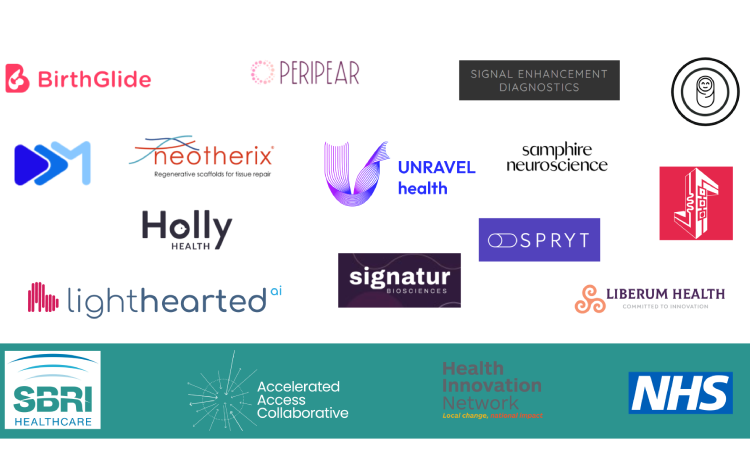ADHD project secures funding to develop virtual assistant
- 17 February 2025

- A project to support young people with attention deficit and hyperactivity disorder (ADHD) has received £100,000 in funding to develop a multilingual virtual assistant
- It will enhance engagement with the SmartADHD app, designed for young people aged 16 to 25 with ADHD
- The project is a collaboration between Torbay and South Devon NHS Foundation Trust and the University of Exeter
A project to support young people with attention deficit and hyperactivity disorder (ADHD) has secured funding to develop a multilingual virtual assistant.
A collaboration between the Digital Futures Lab at Torbay and South Devon NHS Foundation Trust and the Science of ADHD and Neurodevelopment Collaboration (SAND) at the University of Exeter has been awarded £100,000 in funding from the LEAP Digital Health Hub for South West and Wales, to enhance engagement with the SmartADHD app, designed for young people aged 16 to 25 with ADHD.
Dr Nick Peres, programme director for digital innovation and transformation at Torbay and South Devon NHS FT, told Digital Health News: “ADHD affects 2-7% of children and young people, and 2-5% of adults, and we are committed to finding ways to support people to access the care they need as the move from children’s to adult services.
“This is an exciting project, and the LEAP funding will allow us to co-develop an innovative AI-powered virtual assistant to transform the way young people with ADHD in the south west access healthcare support, including managing their condition and guidance as they become adults.
“The virtual assistant will be able to engage with people in multiple languages and adapt to different communication needs, which is vital when young people with ADHD are developing their independence such as leaving home, starting work or university.
“Our virtual assistant is being designed to integrate with the future SmartADHD app, which is being developed with young people to ensure this essential healthcare information and self-management tool meets their needs.
“We’re breaking new ground as an NHS organisation to develop an AI virtual assistant from the ground up using co-design principles.”
The project will be led by Dr Anna Price from the University of Exeter Medical School, and will co-develop the technology working together with young people.
A trust board paper, published on 29 January 2025, said: “During the next 15 months, Torbay and South Devon’s team will work alongside the University of Exeter Science of ADHD and Neurodevelopment team to explore ways to address health inequalities during the transition period for young adults with ADHD.
“The project builds on existing work, complementing an NIHR [National Institute for Health and Care Research] funded initiative to develop the SmartADHD app, which provides healthcare information and self-management tools for young people with ADHD”.
The LEAP Digital Health Hub awarded more than £1 million in funding to 15 collaborative digital health research projects and fellowships across South West and Wales in December 2024, leveraging more than £410,000 in additional funding from partner organisations.
Another project to receive funding will explore the use of video and inertial measurement units for detecting falls and the activities preceding them.
Meanwhile, in July 2024 the National Institute for Health and Care Excellence issued draft guidance approving the use of the QbTest by psychiatrists and specialist children’s doctors to help diagnose ADHD in children and young people.
Currently it takes around 18 months for a child to get an ADHD diagnosis, but researchers found that the QbTest improves and speeds up assessments when used alongside existing methods.





